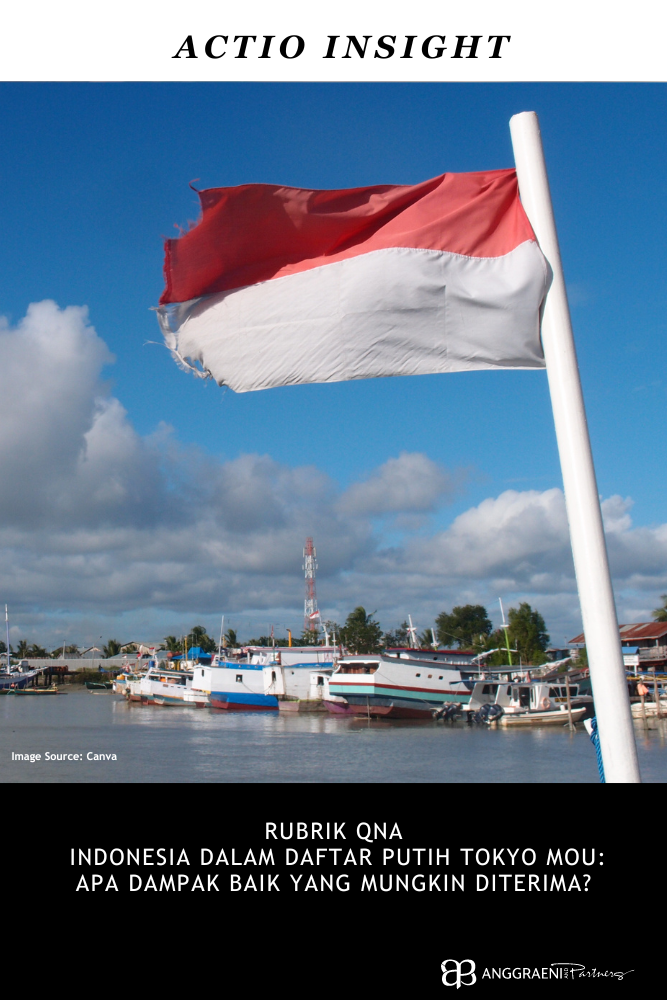The Effectivity of Baori In The Resolution of Athlete Transfer Disputes
In the midst ASIAN GAMES 2018 euphoria in Indonesia, sports disputes become an interesting to discuss. One of the most common disputes in Indonesia is dispute concerning athlete transfer between regions. Disputes on athlete transfers can be defined as disputes that occur as a result of violation of procedures that happened in the process of transfer or rise from the objection coming from the athlete towards the disapproval of the proposed mutation request. In the event of a dispute, the settlement will be resolved through the Indonesian Sports Arbitration Board (“BAORI”). The establishment of BAORI is stipulated in the KONI Articles of Association and is intended to provide a fast, efficient, effective and cost settlement in the event of a sport dispute, which include disputes on athlete transfer. However, the big question is, has BAORI performed its arbitration function to its full potential?
Regarding the effectiveness of BAORI, we need to take at look at the decisions that have been issued by this particular sports arbitration body. One of BAORI’s decisions related to the dispute over athlete transfers can be found in Arbitration Decision Number 16 / P.BAORI / VIII / 2014 dated December 23, 2014. In general, this dispute arise due to refusal from the KONI of South Sumatra related to the transfer of a number of fencing athletes under the management of IKASI South Sumatra to East Java. In respond to the rejection, KONI East Java filed a claim to BAORI in order to resolve the dispute through an arbitration process. In its arbitration award, BAORI decided to reject the transfer proposed by South Sumatra fencing athletes and the athletes were still considered as South Sumatra’s athletes.
In the next development, KONI East Java as the Respondent subsequently filed an application to cancel of the arbitral award on the ground of deception which supposedly happened in the arbitration process. In response to this cancellation request, the Central Jakarta District Court through Decision No. 64 / PDT.G / ARB / 2015 / PN Jkt.Pst dated March 2, 2016 decided to reject all of the Respondent’s requests. Facing the rejection, the Respondent tried to file another appeal against the District Court’s decision to maintain the arbitral award to the Supreme Court. However, this appeal was declared to be unsuccessful by Supreme Court in Decision No. 939 B / Pdt.Sus-Arbt / 2016 dated November 24, 2016. The reason is that, based on the provisions of Article 72 paragraph (4) and its explanation, an appeal may only be done against the decision of the District Court that cancels the arbitral award.
Through the chronology of the cases as described above, it’s obvious that athlete transfer disputes resolution take a considerable period of time. The dispute should have been resolved when the arbitration award was handed down in December 2014. However, in reality, this case was only finished by the end of 2016. In this case, the reason for the lengthy process is due to legal recourse taken by the Respondent by requesting for the cancellation of the arbitral award on the grounds of deception. However, if we take a further look, the Applicant’s attempt to cancel the arbitration was motivated by Applicants’ desire to keep the athletes that are still practicing in East Java until today and expressed their desire to join the East Java KONI. Thus, it can be concluded that the decision of BAORI take the interests of both parties into consideration, causing the Petitioner to continue to take various legal recourses to cancel the decision. Through this dispute, it can be concluded that the role of BAORI still left much to be desired. The arbitration award which are given are considered to be uncomprehensive resulting in the necessity for by the unsatisfied party to take further legal efforts.
WNA/HE


